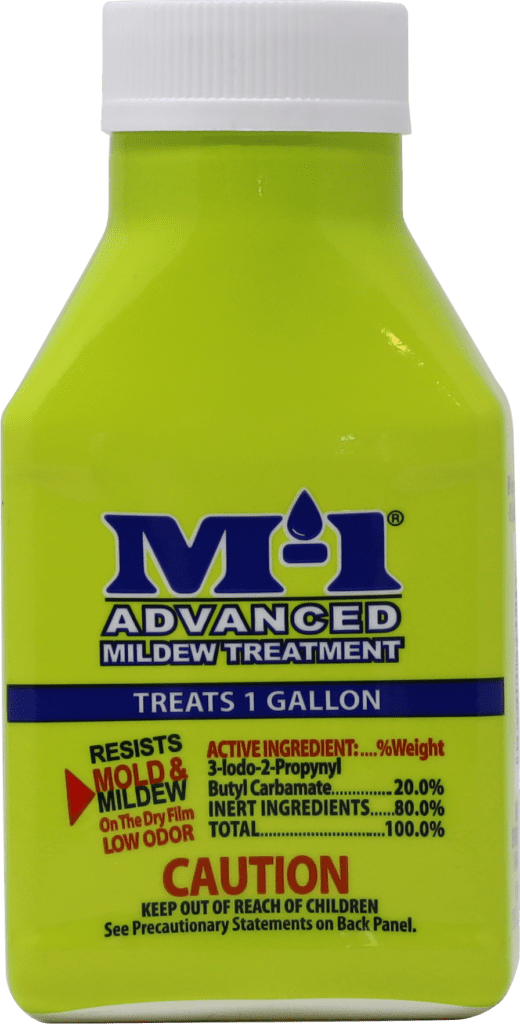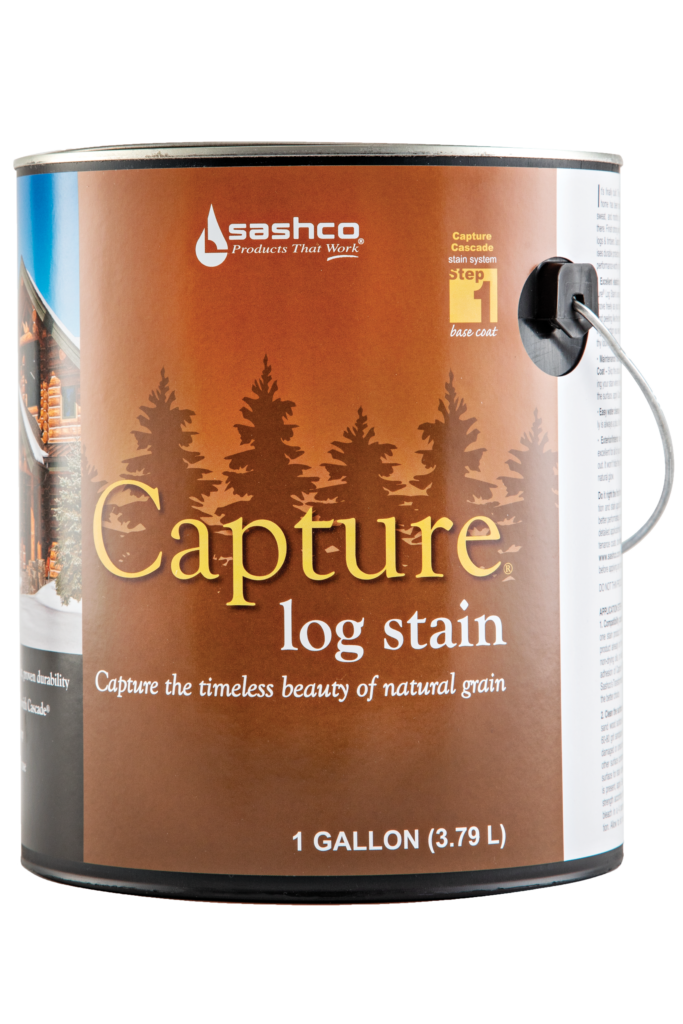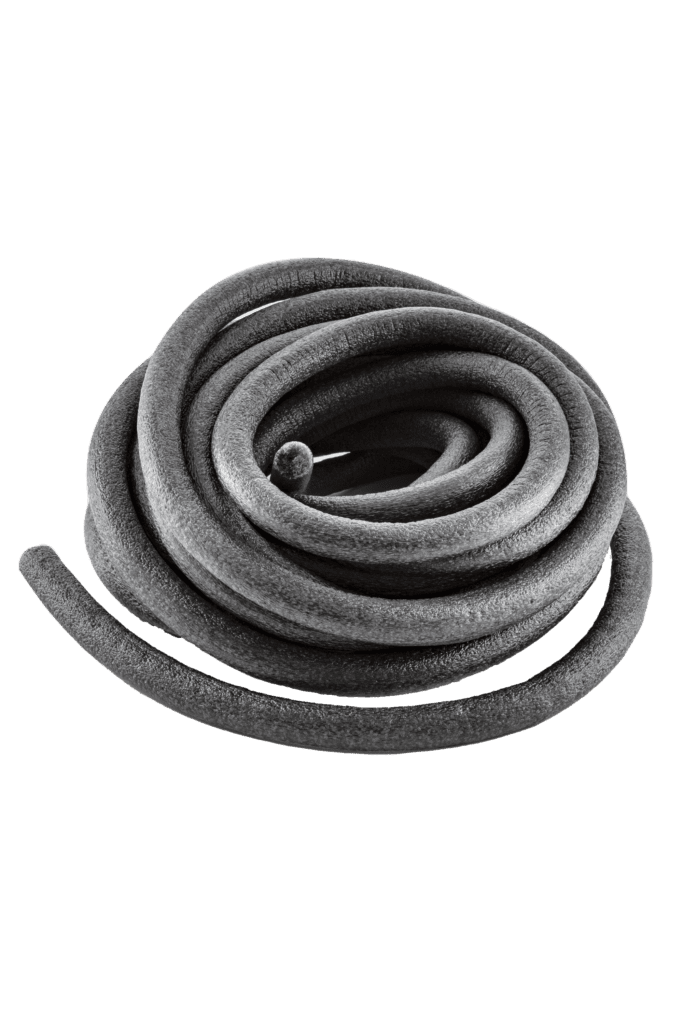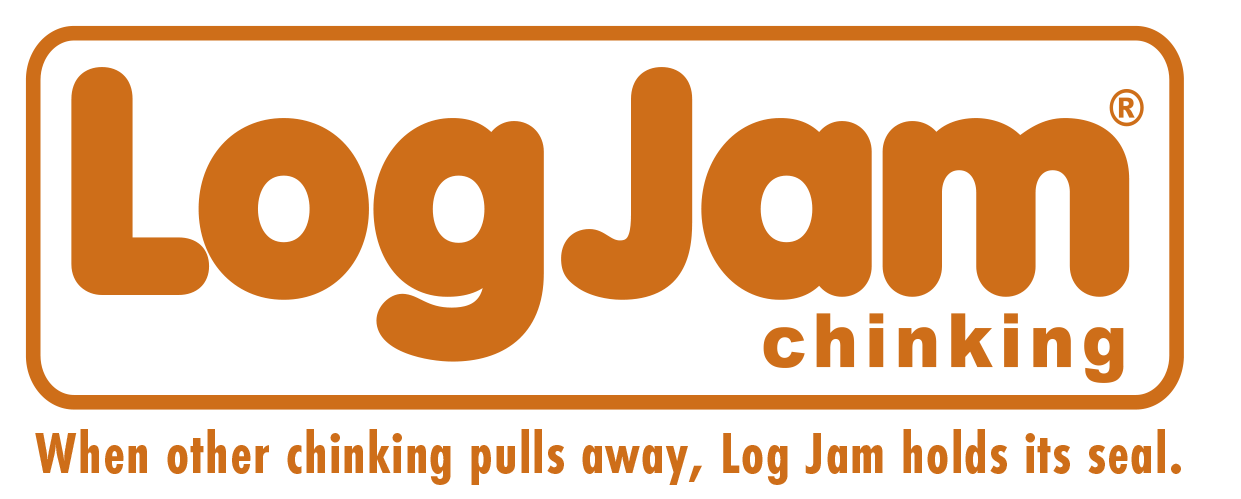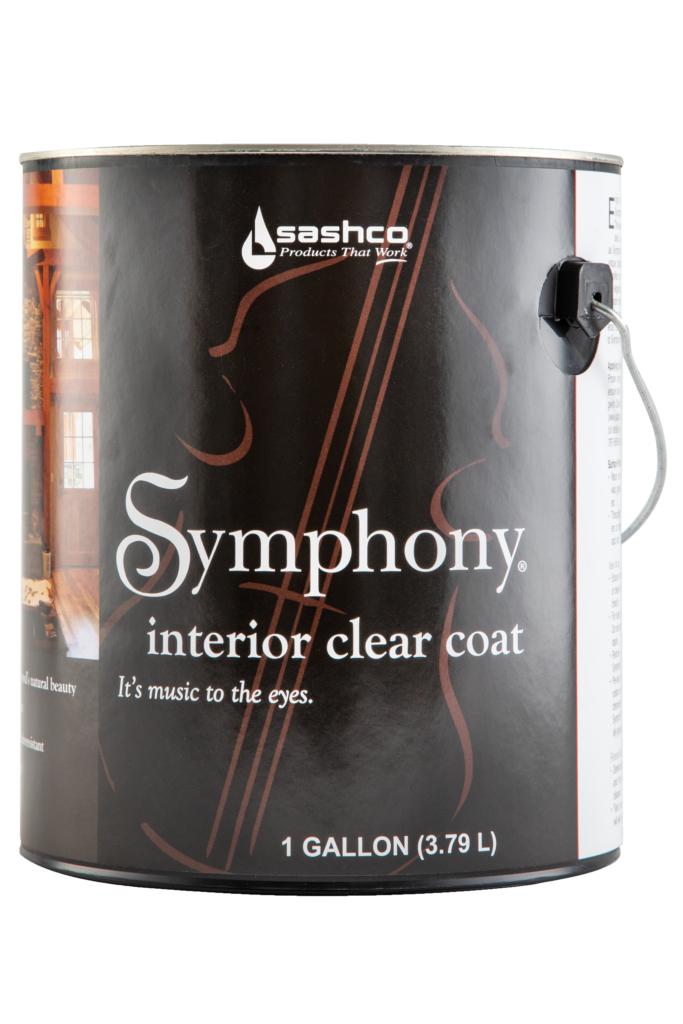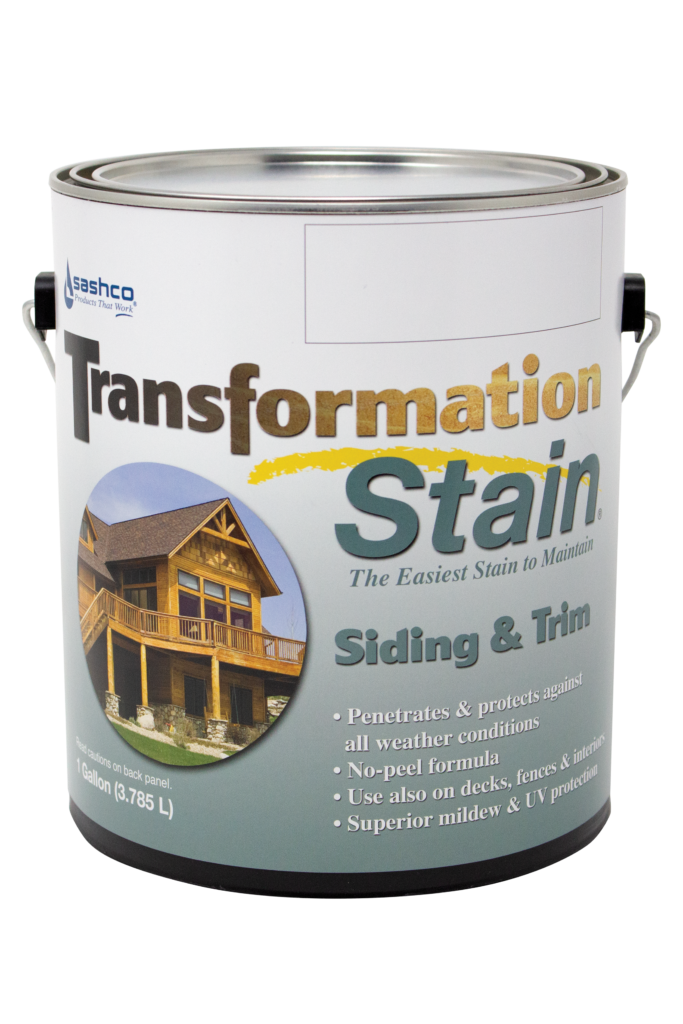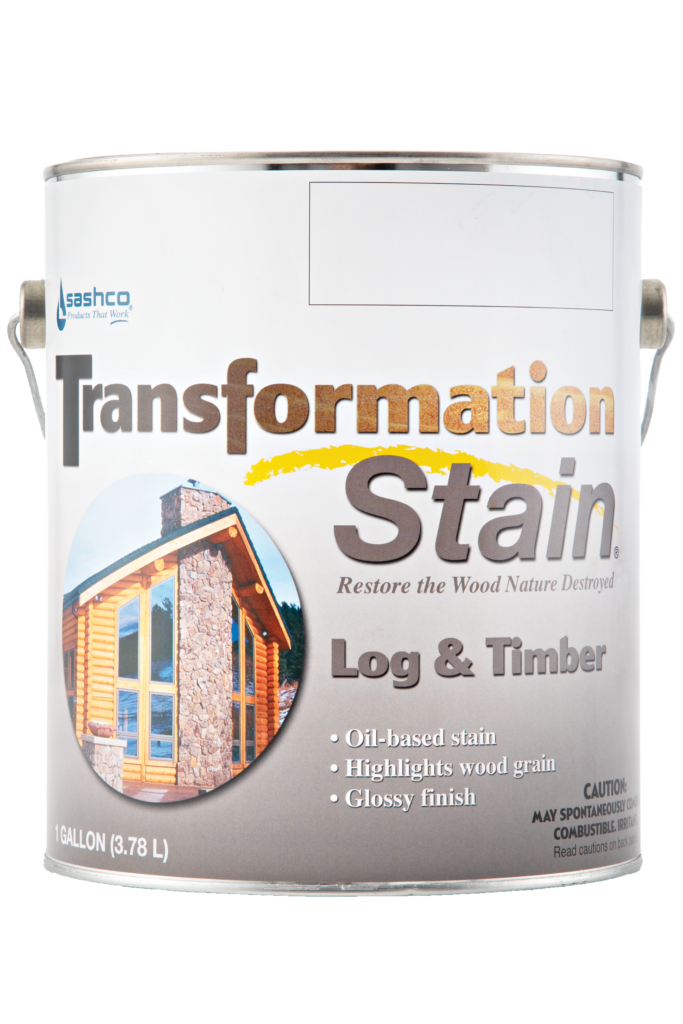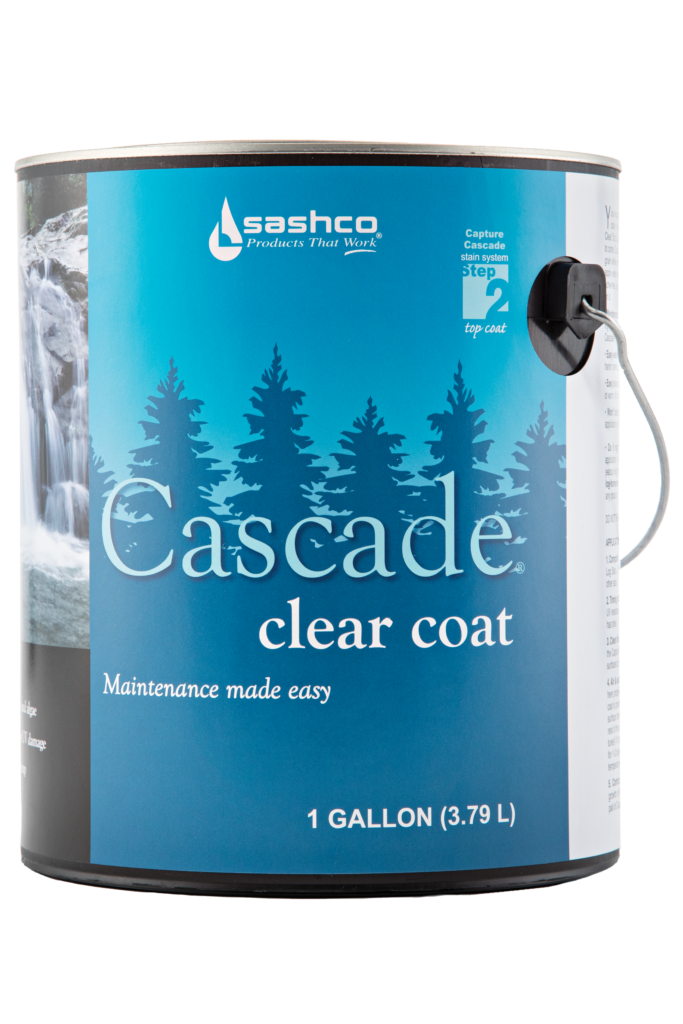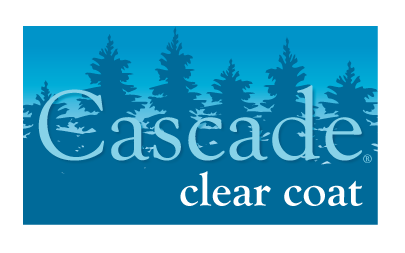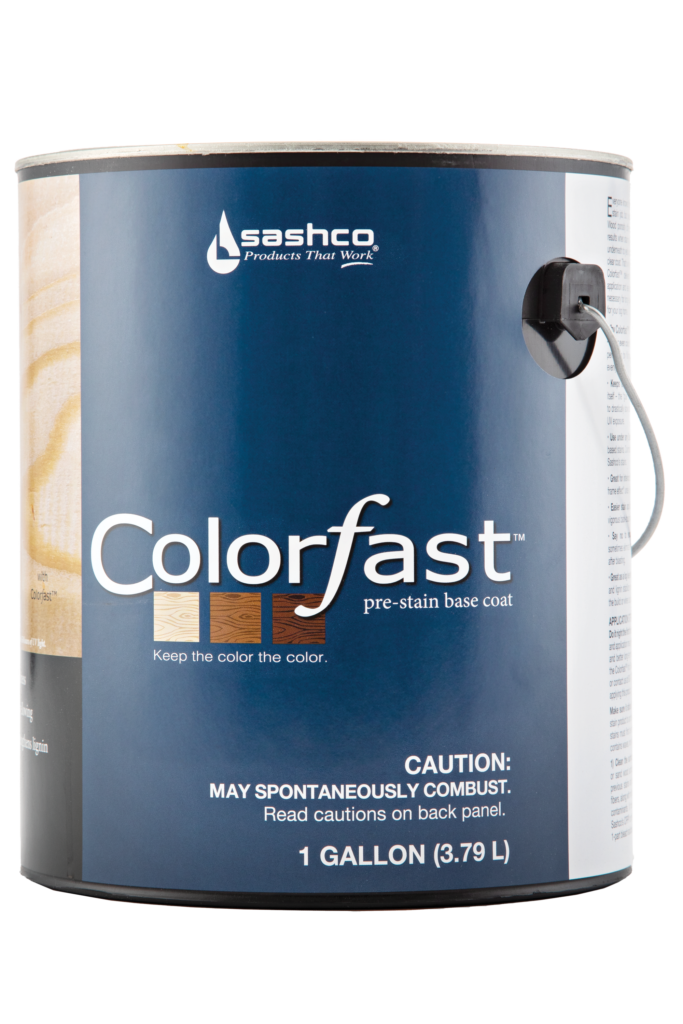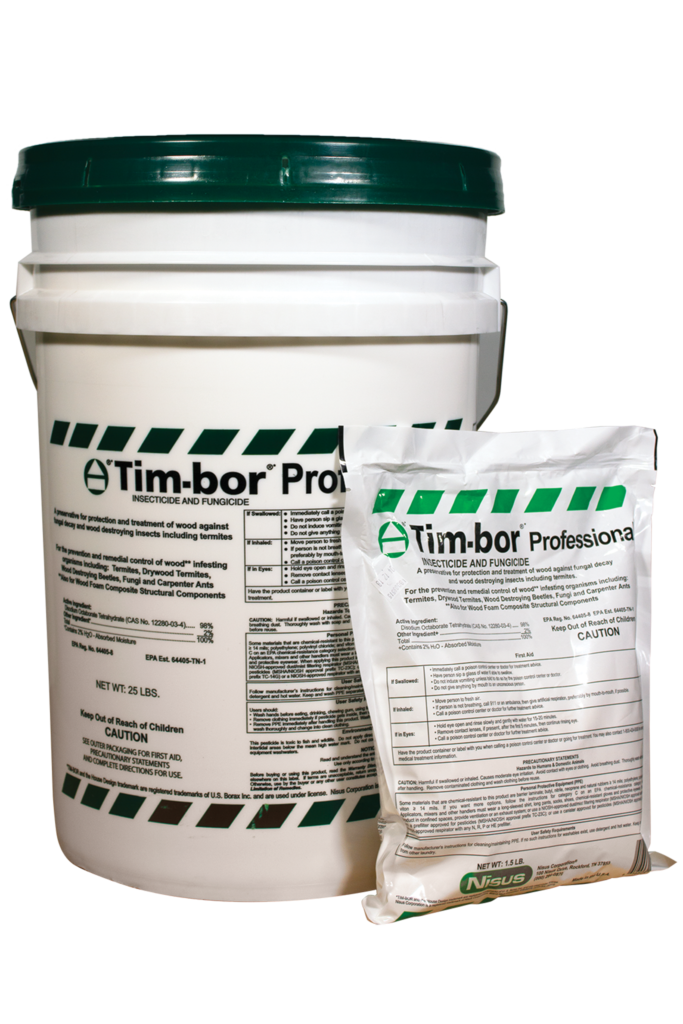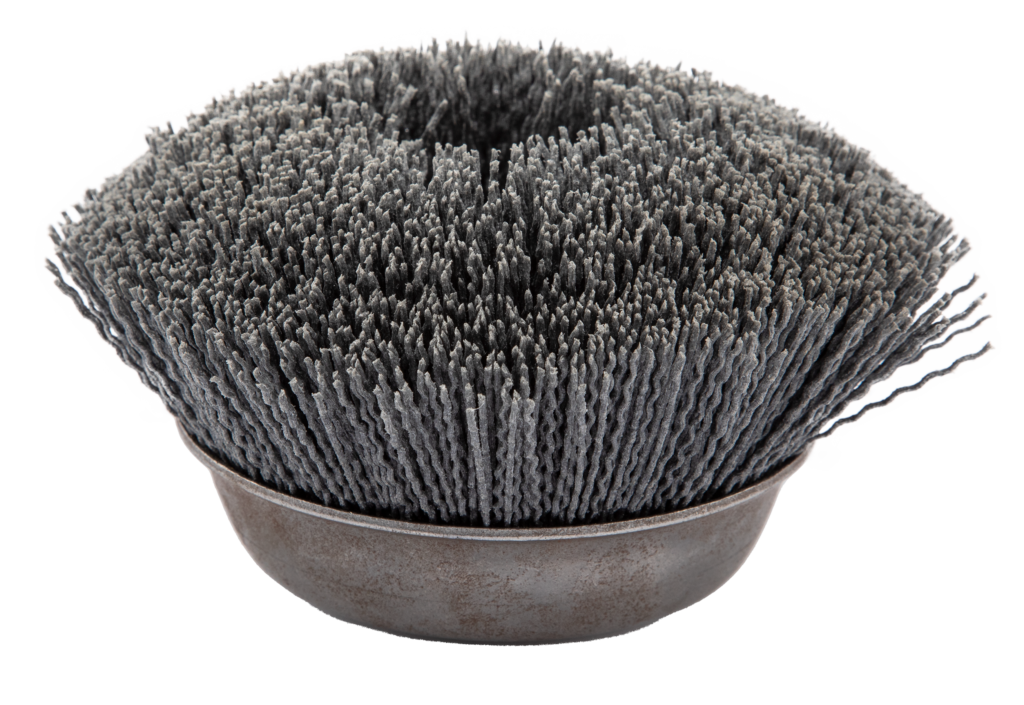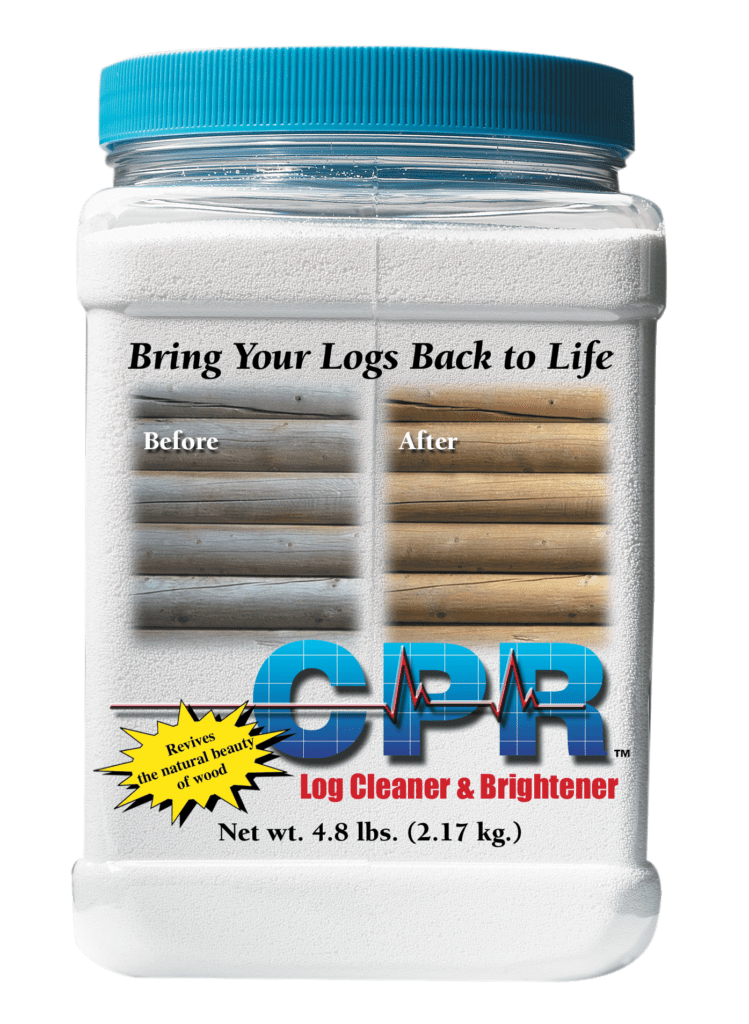The Truth Behind Rumors: Are Oil-Based Stains Being Discontinued?
There has been a lot of buzz in the stain manufacturing world about oil-based stains being discontinued. I spoke to our stain chemist, Jim Barnes, and Technical Director, Wayne Summons, to get the real scoop on the story.
Q: We keep hearing that oil-based stains are on the fast-track to being discontinued due to increasingly stringent VOC regulations. What’s the real scoop?
A: Due to VOC regulations, particularly in Southern California, these products are becoming more expensive for consumers.
Q: What is Sashco doing to advance their technology, both in water-based coatings and oil-based coatings, in order to meet current and future VOC regulations?
A: We are always looking to improve our products as new technologies become available, both on the water and oil-based side. Where VOC restrictions make it impossible to make the same quality, we have a hard choice — discontinue selling in the too-low VOC area, or make a second product as good as can be made for that area. We will not sacrifice the quality for everyone else though.
Q: What does the trend towards lower VOC wp-content in coatings mean for coatings longevity?
A: In most cases, we can substitute very expensive VOC-exempt solvents for VOC solvents without impacting coatings longevity. In a sense, this becomes an environmental tax on the consumer.
Q: We know that zero VOC coatings exists. How do they perform compared to those with higher VOC wp-content? What does one sacrifice when they use a zero VOC coating?
A: Sashco doesn’t make a zero VOC coating. zero VOC acrylic coatings must often use plasticizers rather than solvents to achieve a good film. These plasticizers are oils that never dry. They often migrate out of the coating, causing a greasy film on the surface that holds on to dirt and can cause sealant failures.
On a side note, up until a few years ago, phthalate plasticizers like BPA were used in the coatings industry, but as awareness grew about the health effects of this class of plasticizers, the industry has switched to alternatives. This is an example of an unintended consequence of regulation; regulate VOC for smog/health, but in doing so, unintentionally introduce a different health hazard. It is also an example of industry doing the right thing without being regulated.
Q: If oil-based stains and paints are indeed being phased out, what will be the solution for those who’ve used them in the past?
Pay more for the VOC compliant versions, or switch to a water based version. There are still customers who love the unique beauty of oil based stains however, so that market is not going away. Oil-based stains are still the only ones that will reliably cover unknown pre-existing stains.
Q: What does the future of wood coatings look like to you?
Much like any industry, we continually see small incremental advances in technology, which trickles down into the products that consumers buy.
There is certainly research being done on dramatically new technologies, but paradigm-changing breakthroughs are rare, so we can’t give a timeline on when the next “acrylic” will hit the market.

